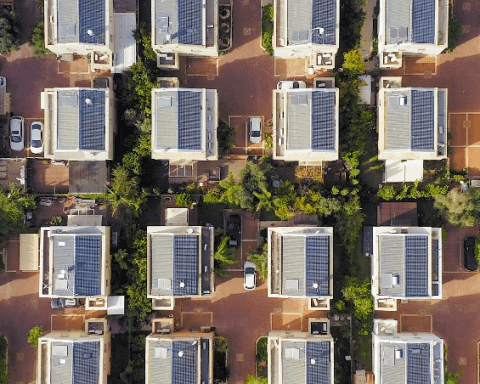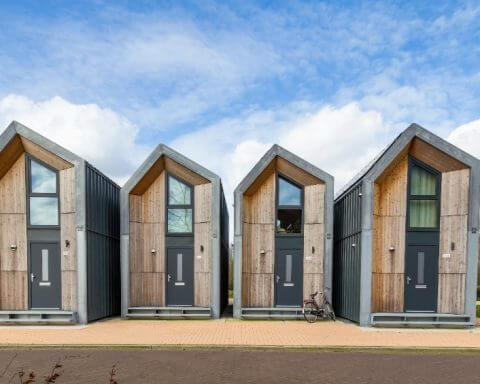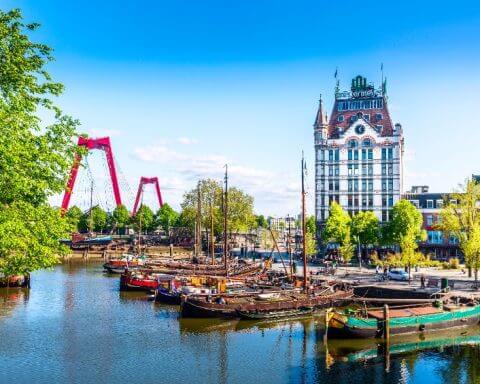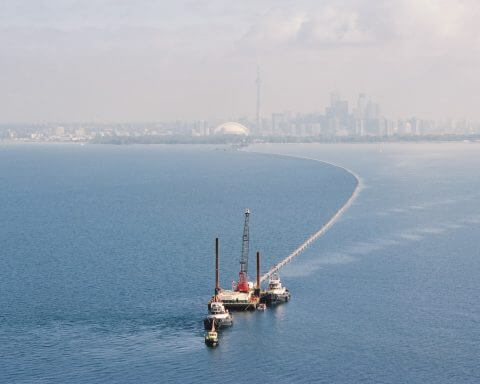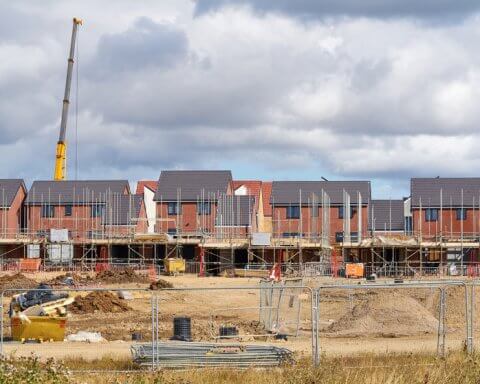1. Slow Down. Chat and Mingle
When thinking of investing in your community, most think of money. But there is more to wealth. A wealthy community is rich with friends, time, beauty, and so much more. It all starts with relationships, so the next time you are out, take the time to mingle, say hello, and chat. Every new relationship is a sound investment in your community.
2. Support Locally-Owned Businesses
When compared, local business has two to four times greater economic benefit for the community than other business. They spend, employ, and donate more locally. So why not support them? By supporting a local farmers market, you will get healthy food, and help build local farms.
See www.livingeconomies.org and www.small-mart.org
3. Become a Volunteer
A community may be financially wealthy, but without volunteers it’s surely a “poor” community. Volunteering builds wealth, whether it’s picking up the trash and talking to your neighbours while you do so, planting trees, or joining your local community association. If you volunteer with Big Brothers Big Sisters, you will be investing in love and friendship for the next generation.
See www.bigbrothersbigsisters.ca
4. Invite Your Neighbours to Grow Food
In Vancouver, two women wanted to grow some food so they invited their neighbours to join them. Thirteen people showed up, and started a tomato sprouting station, built a greenhouse, and held weekend work parties in each other’s yards. Chickens and bees soon followed, along with a real spirit of community.
5. Organize a Block Party
When my wife and I organized a block party on our street in Victoria, we knocked on everyone’s door and invited people in person. Everyone brought food and drink for a potluck, and we played an ice-breaker game to get people chatting. People loved it. The whole experience of living on a street feels friendlier once you have socialized with everyone.
6. Create a Public Space
Like the piazzas in Italy, a good public space forms the heart of a community, but many of North America’s cities are lacking neighbourhood hearts, especially in the suburbs. In Portland, neighbours have been investing time to create their own public spaces, re-designing local intersections with street murals, and building public seating and coffee-stands, often, using sustainable methods.
7. Make Your Community More Walkable
People like to walk, but it isn’t easy in communities without sidewalks or walkways that are safe and beautiful. We need to invest in “walking audits,” a community process that informs the local council where improvements are needed, and where new walking routes can be created. And we need to organize local traffic calming.
See www.walkscore.com and www.walkableamerica.org/checklist-walkability.pdf
8. Invest In Community Bonds
In downtown Toronto, the Centre for Social Innovation used community bonds to buy a beautiful old 35,000 sq. ft. building that will be home to over 400 people and projects. They issued community bonds to raise $6.5 million to buy and develop the building. And it worked.
9. Join Your Community Association
If it’s well organized, fun, participatory, and positive, a good community association is the best investment. In community association people have a voice, and a way to make improvements happen. Imagine, an organization that inspired every street in the community to hold an annual block party, improve their streets’ safety, and created programs for all age groups.
10. Invest in Inspiration
The Project For Public Spaces (PPS) is an international nonprofit that creates and sustains public places that build communities. The organization has worked in 26 countries to improve parks, markets, streets, transit stations, libraries and countless other places. Jay Walljasper, a fellow of PPS wrote The Great Neighborhood Book, “a Do-it-Yourself Guide to Placemaking.” Treat yourself to some inspiration, and invest time in your public spaces.
See www.pps.org and www.newsociety.com/bookid/3943
Guy Dauncey is the author or co-author of nine books, including The Climate Challenge: 101 Solutions to Global warming (www.theclimatechallenge.ca). He lives in Victoria, BC.



